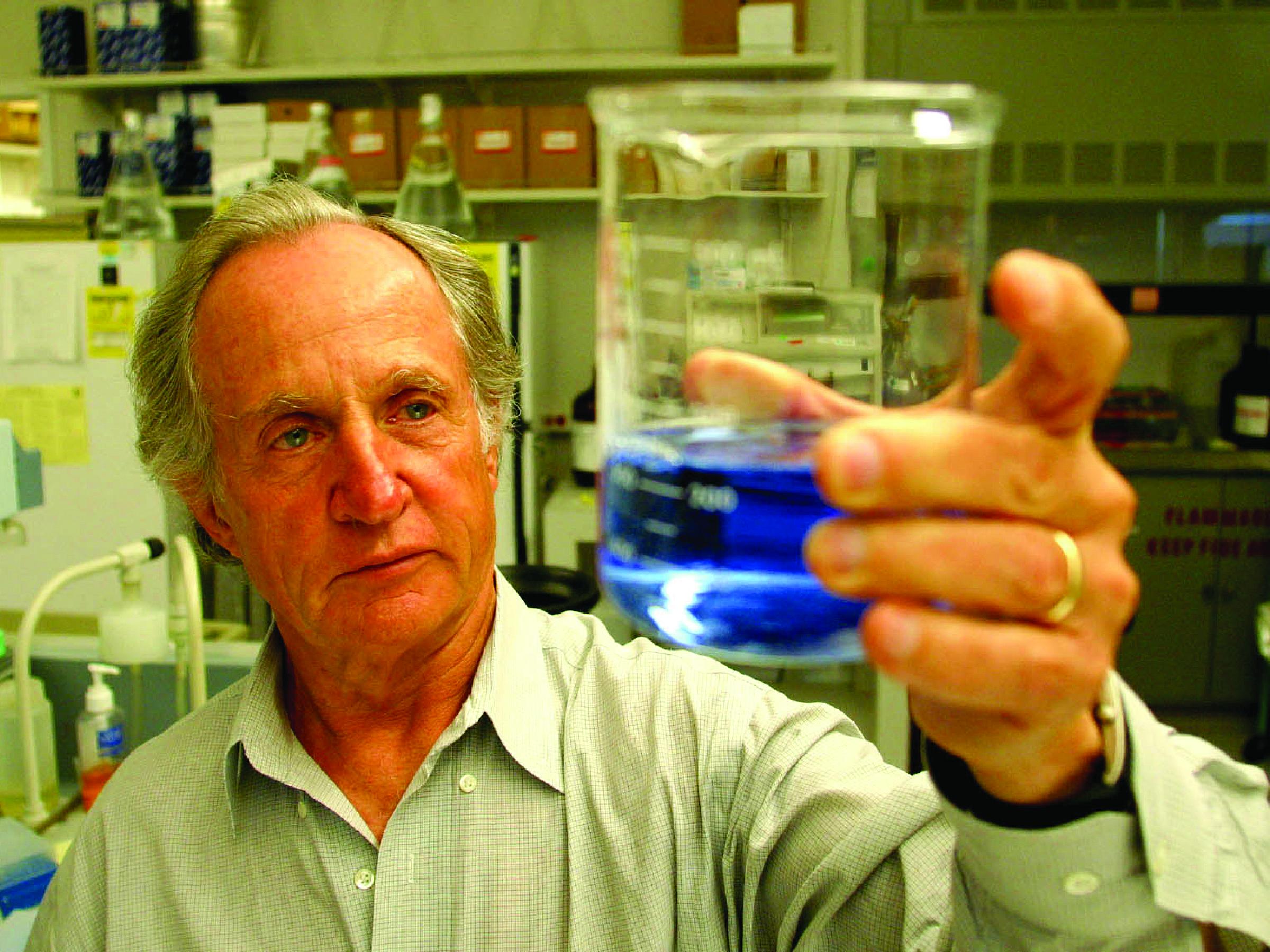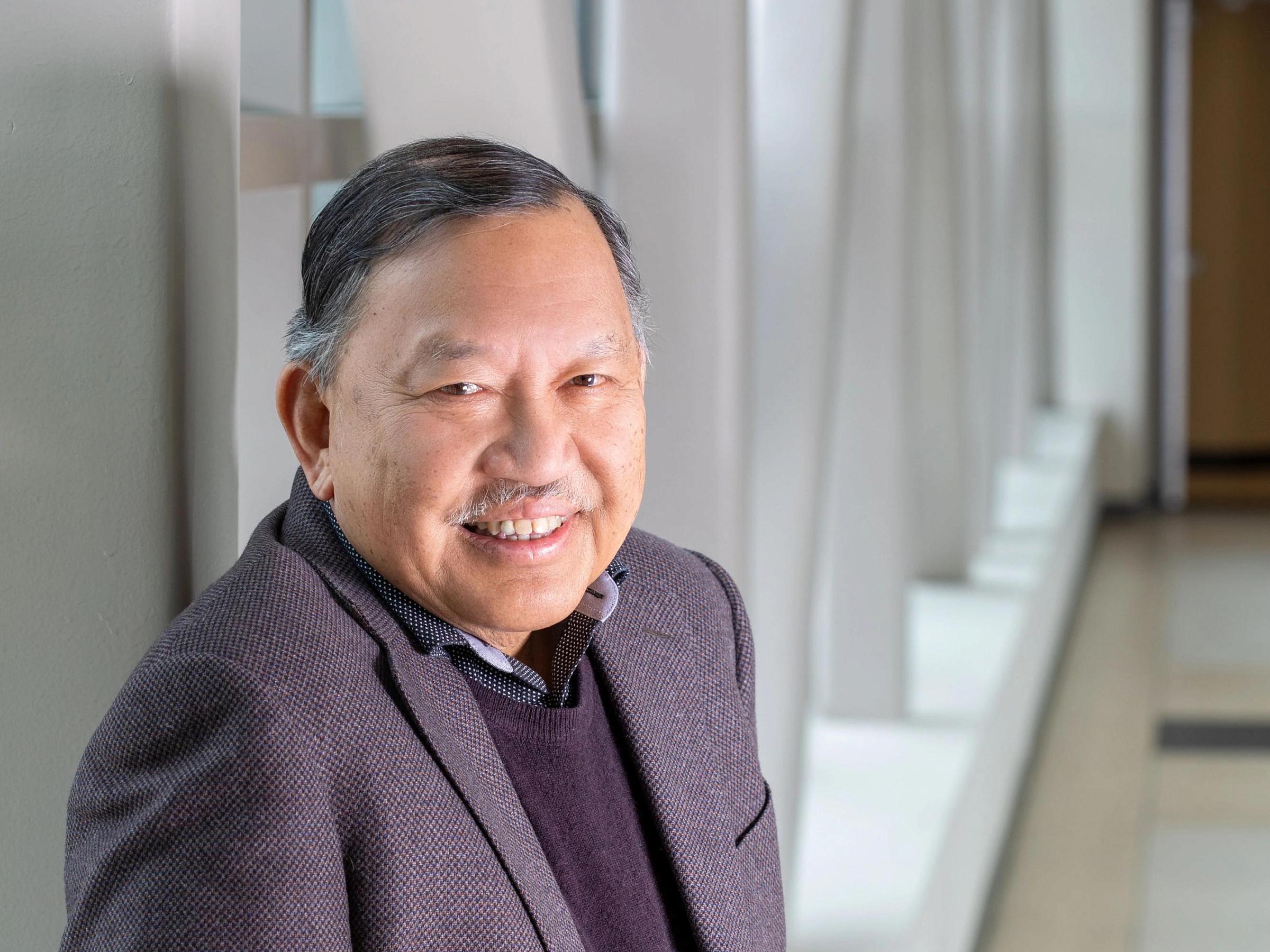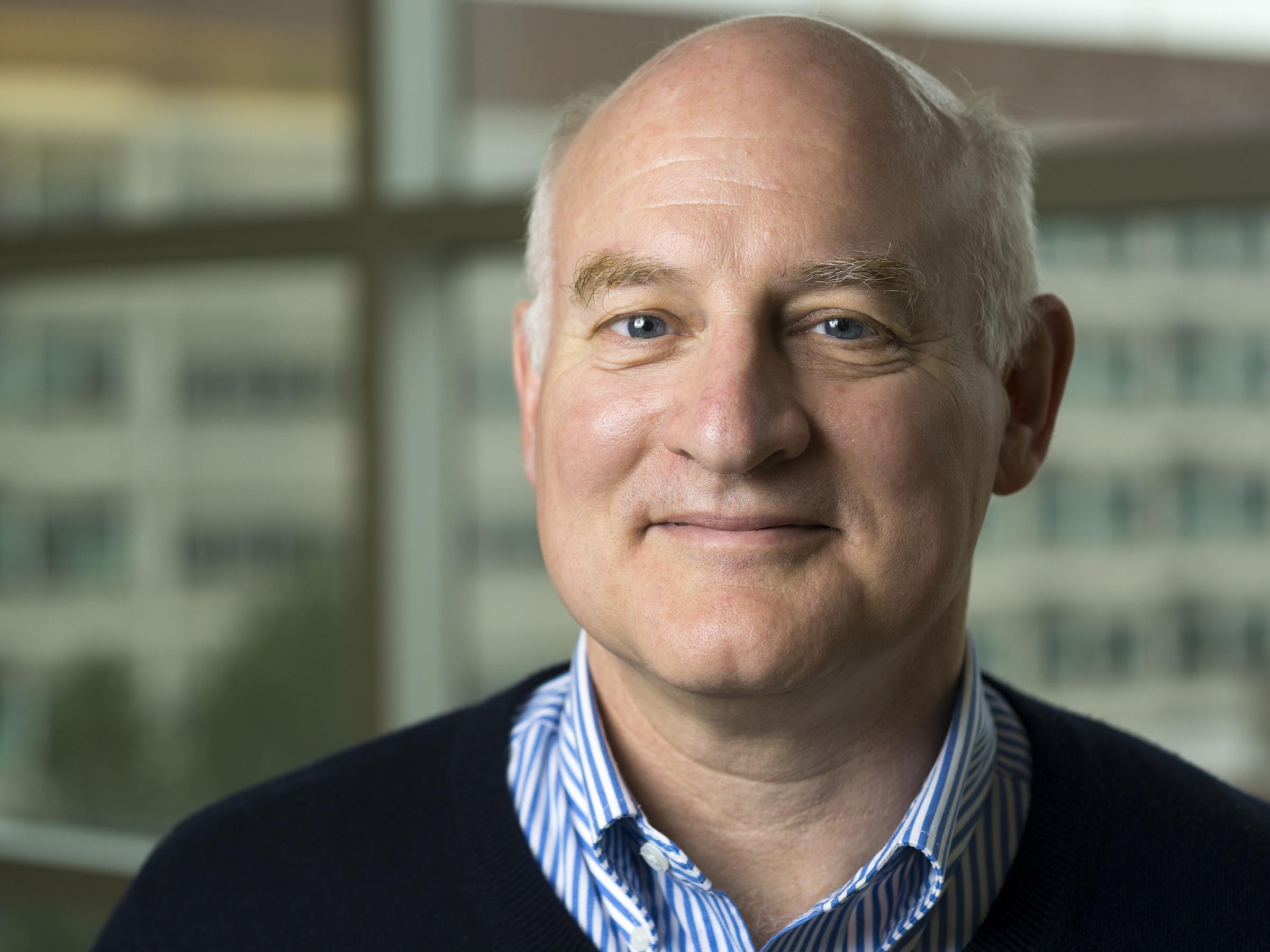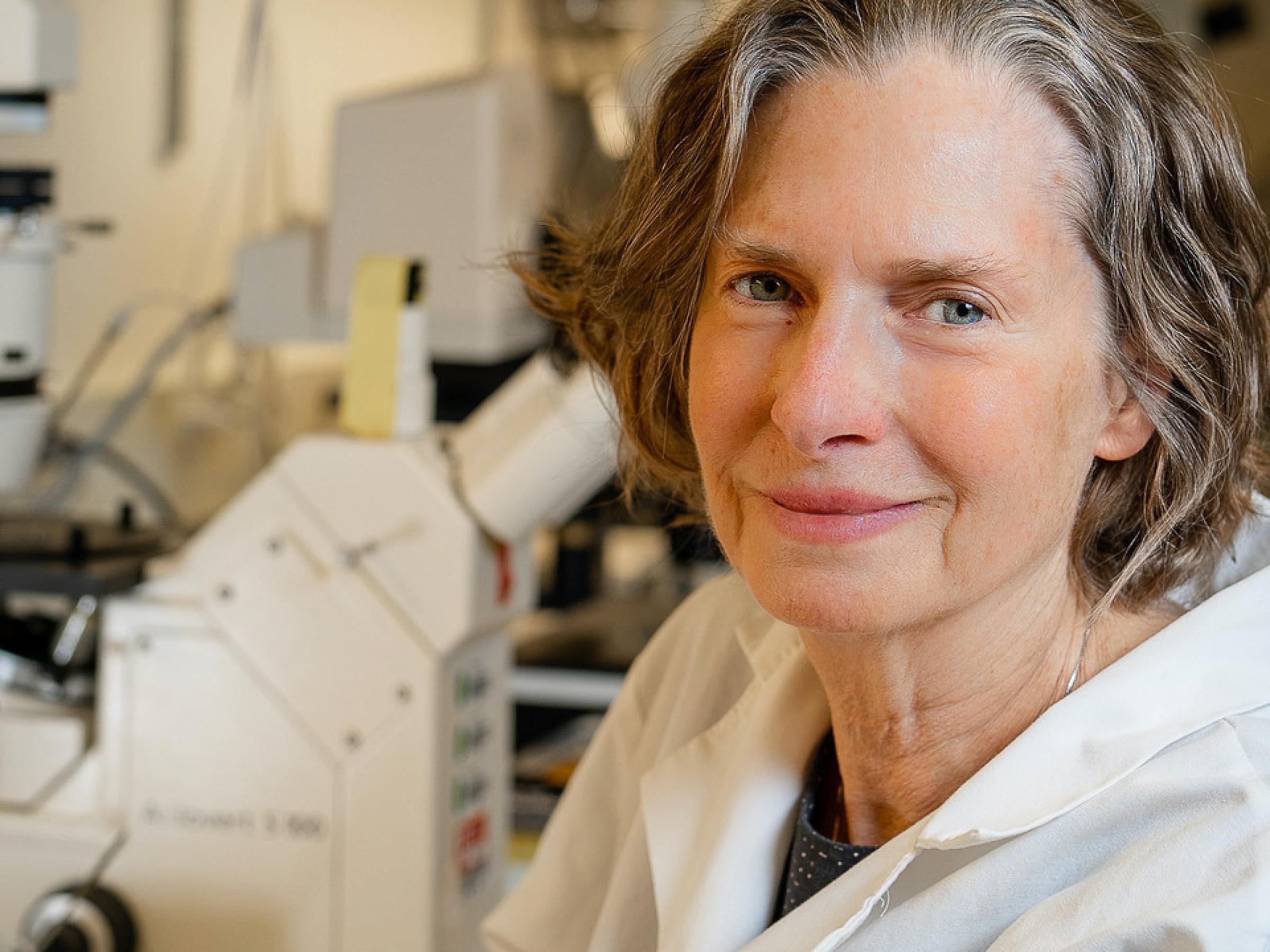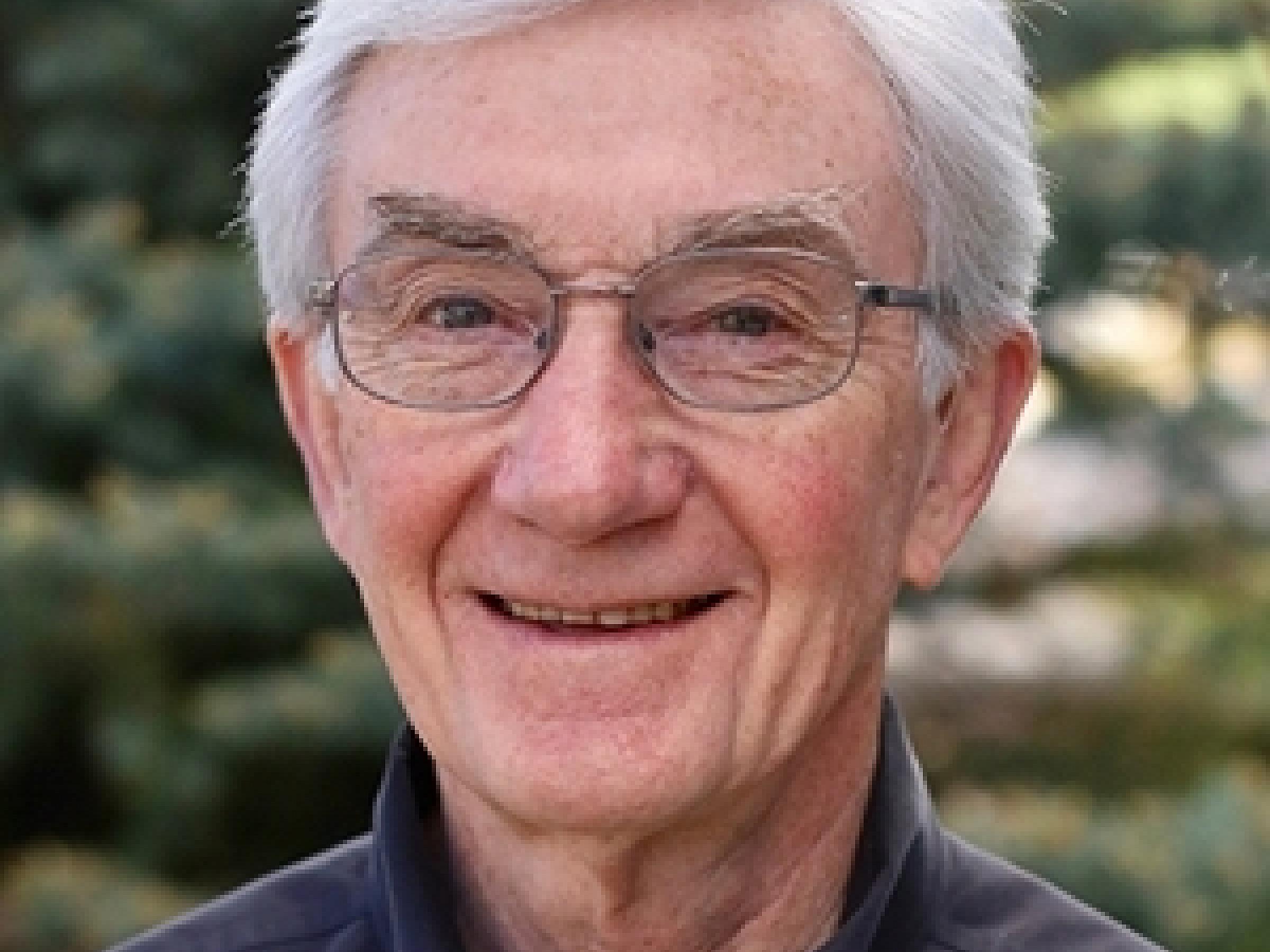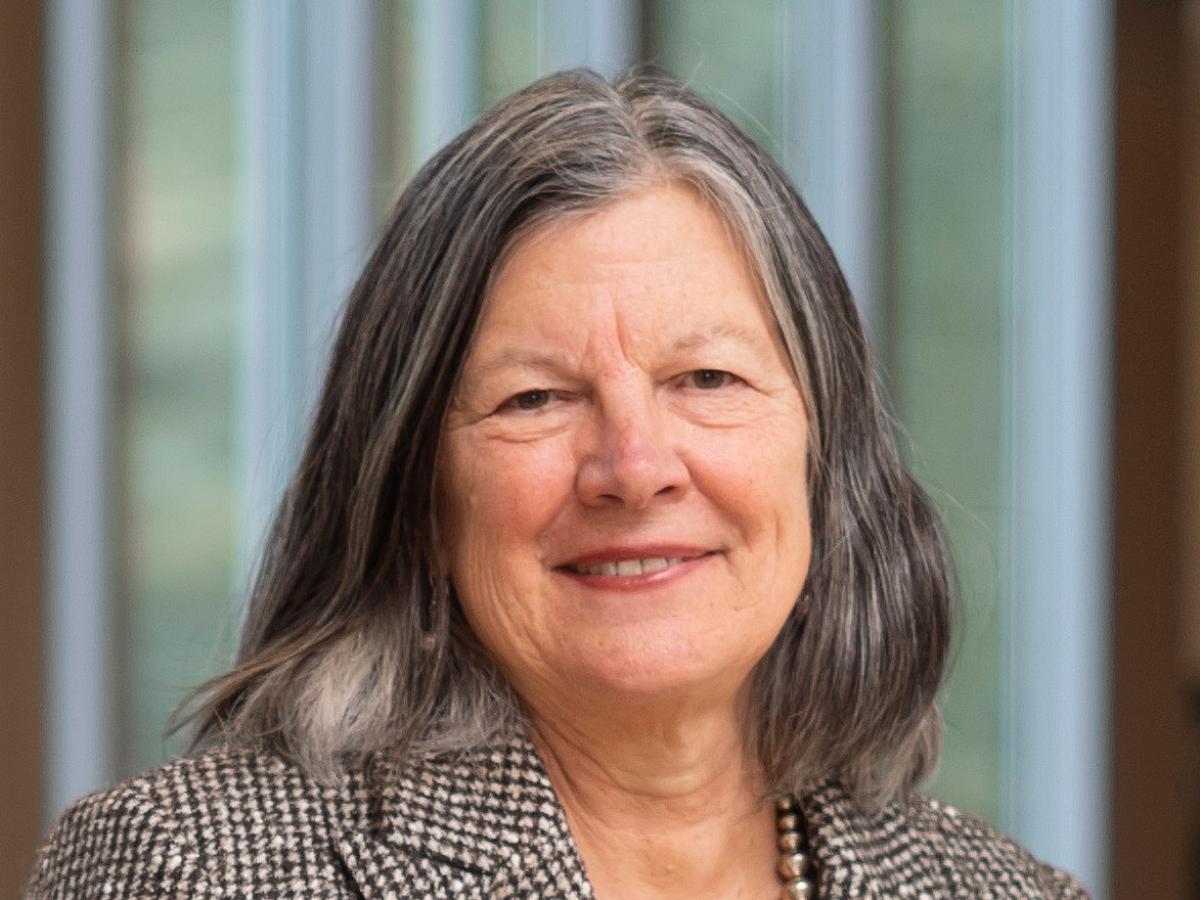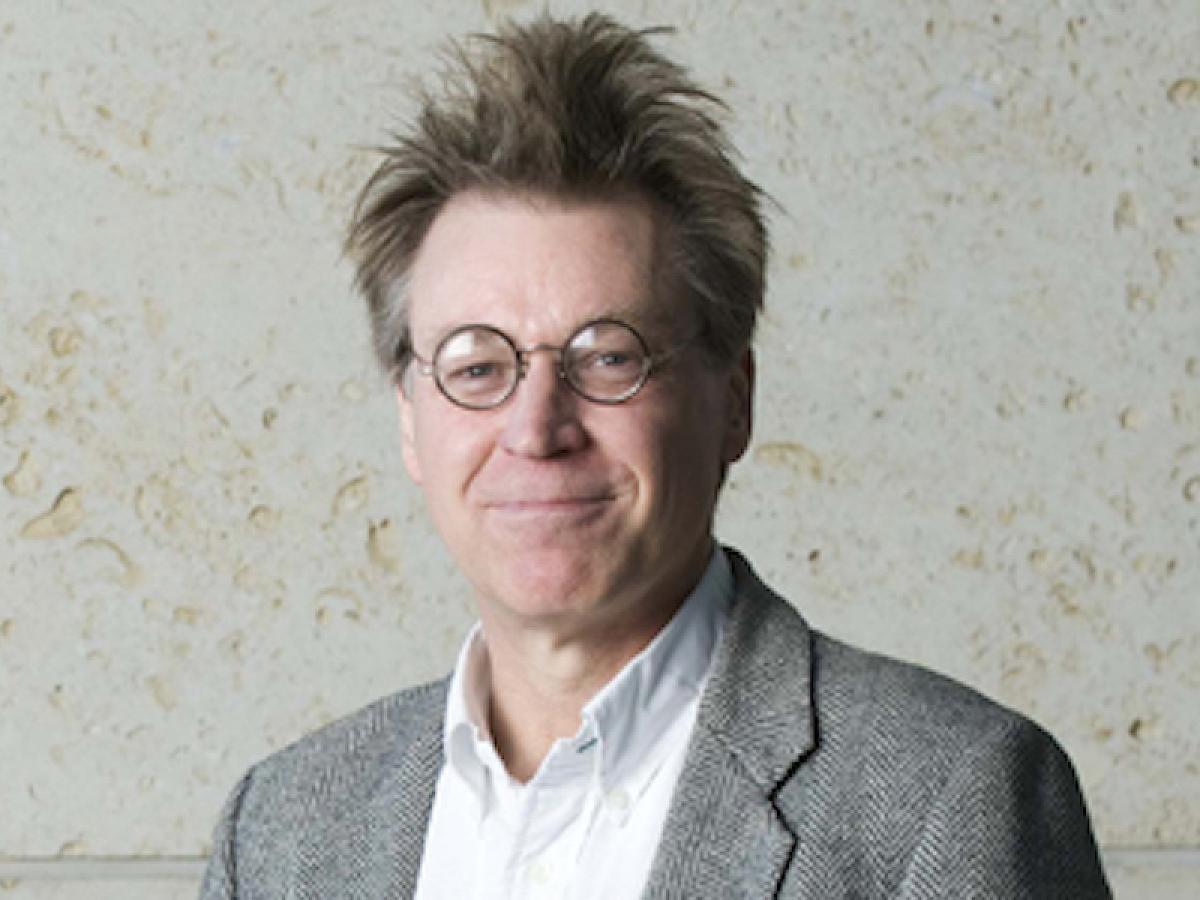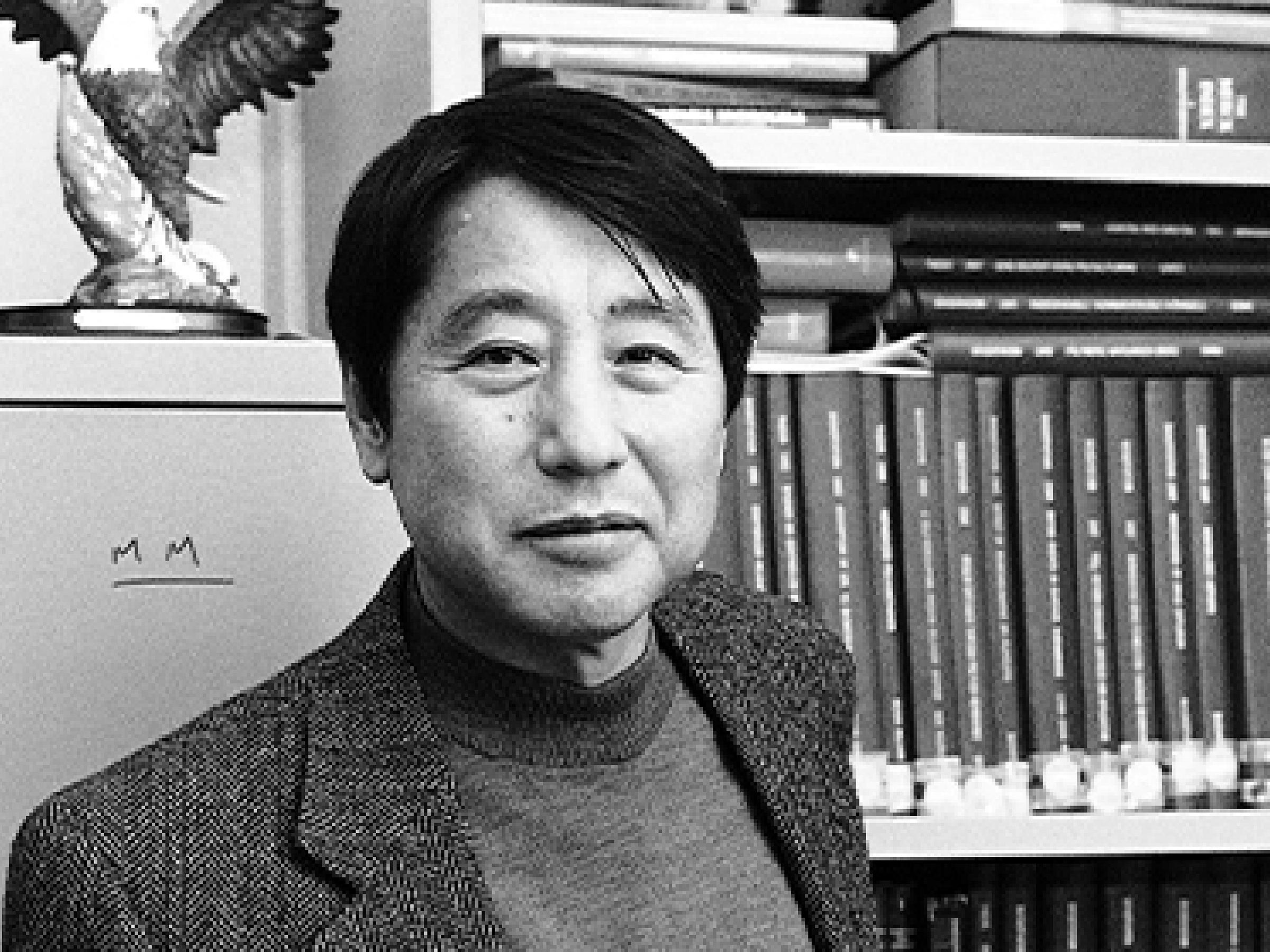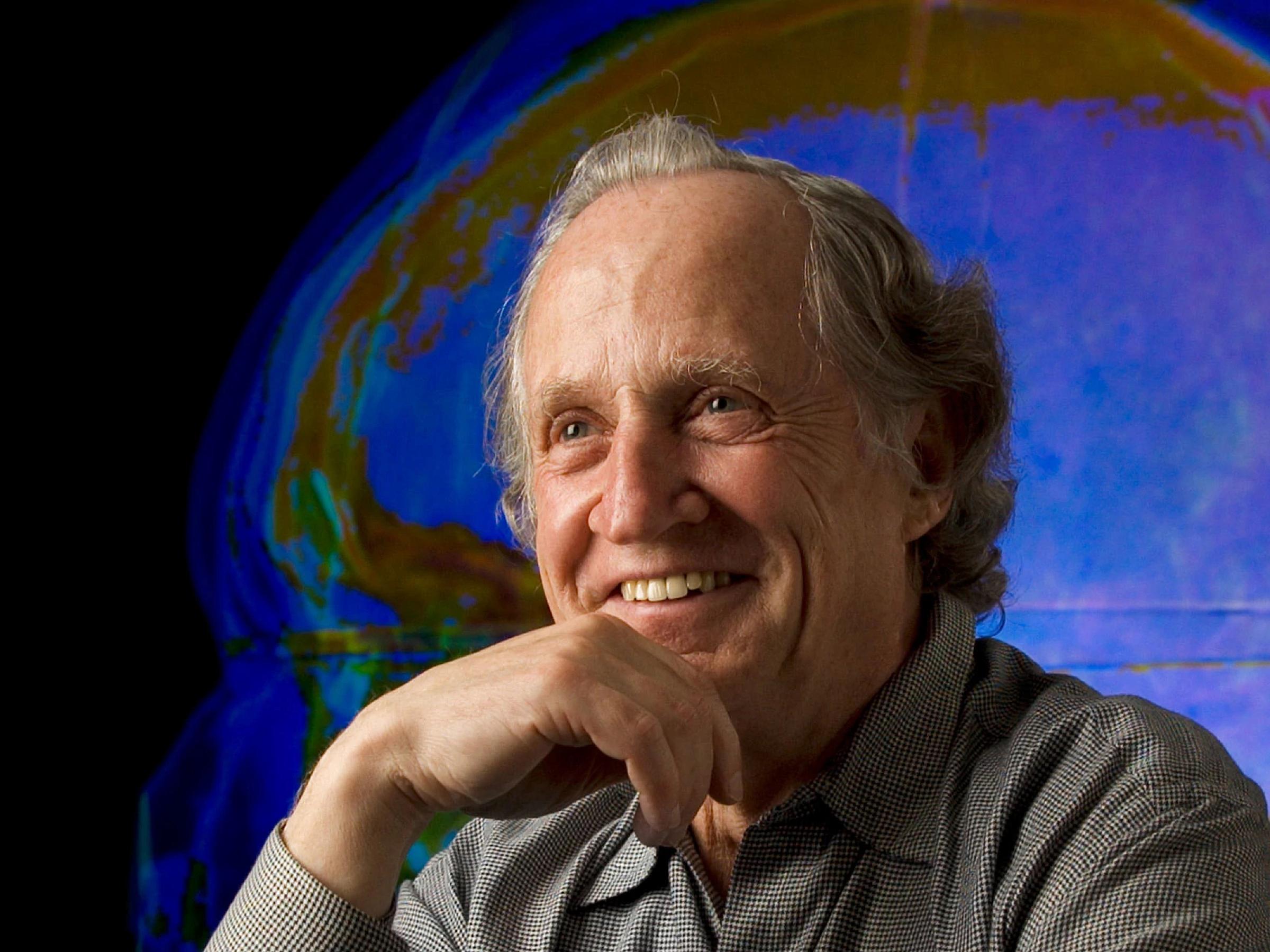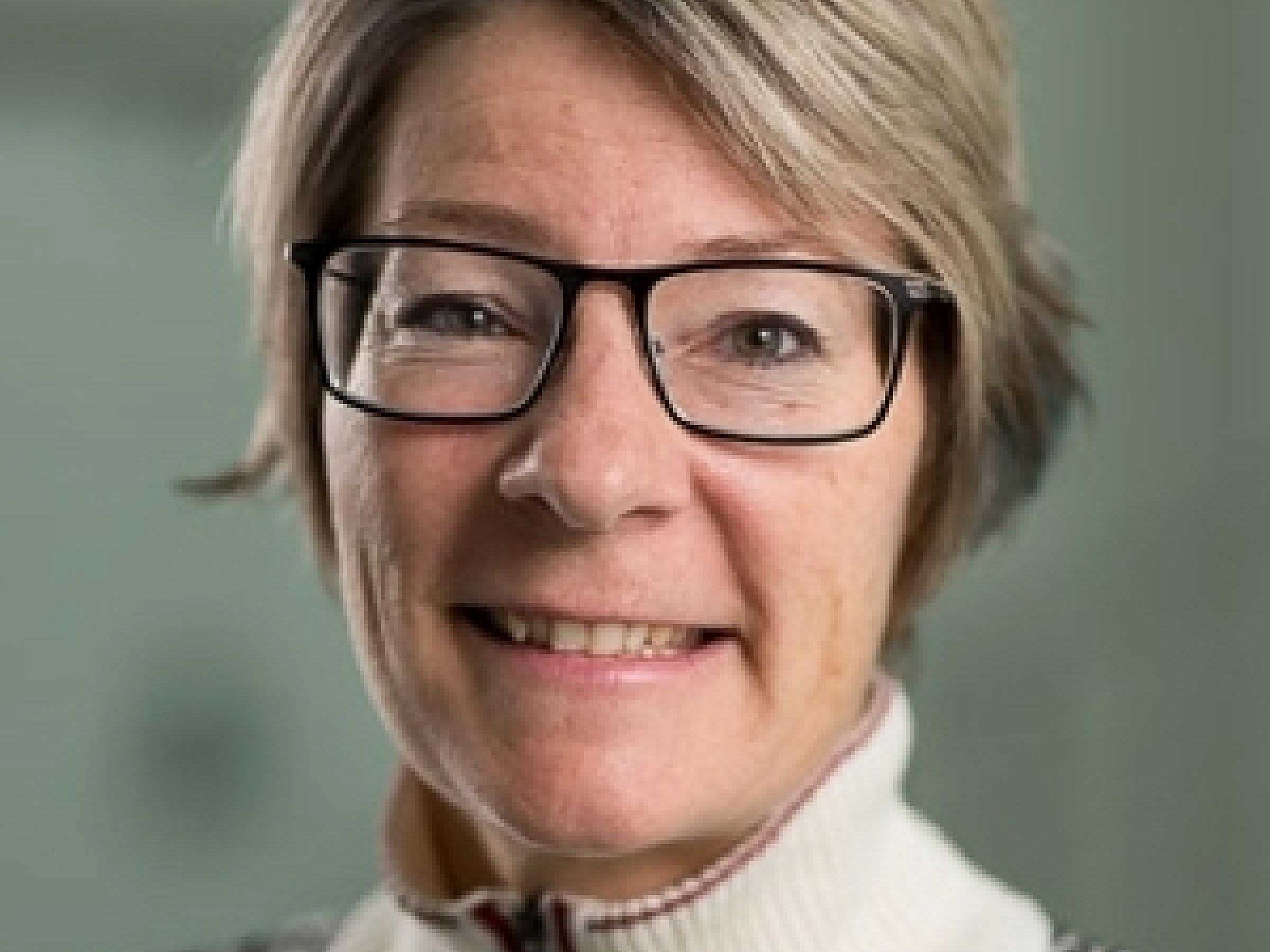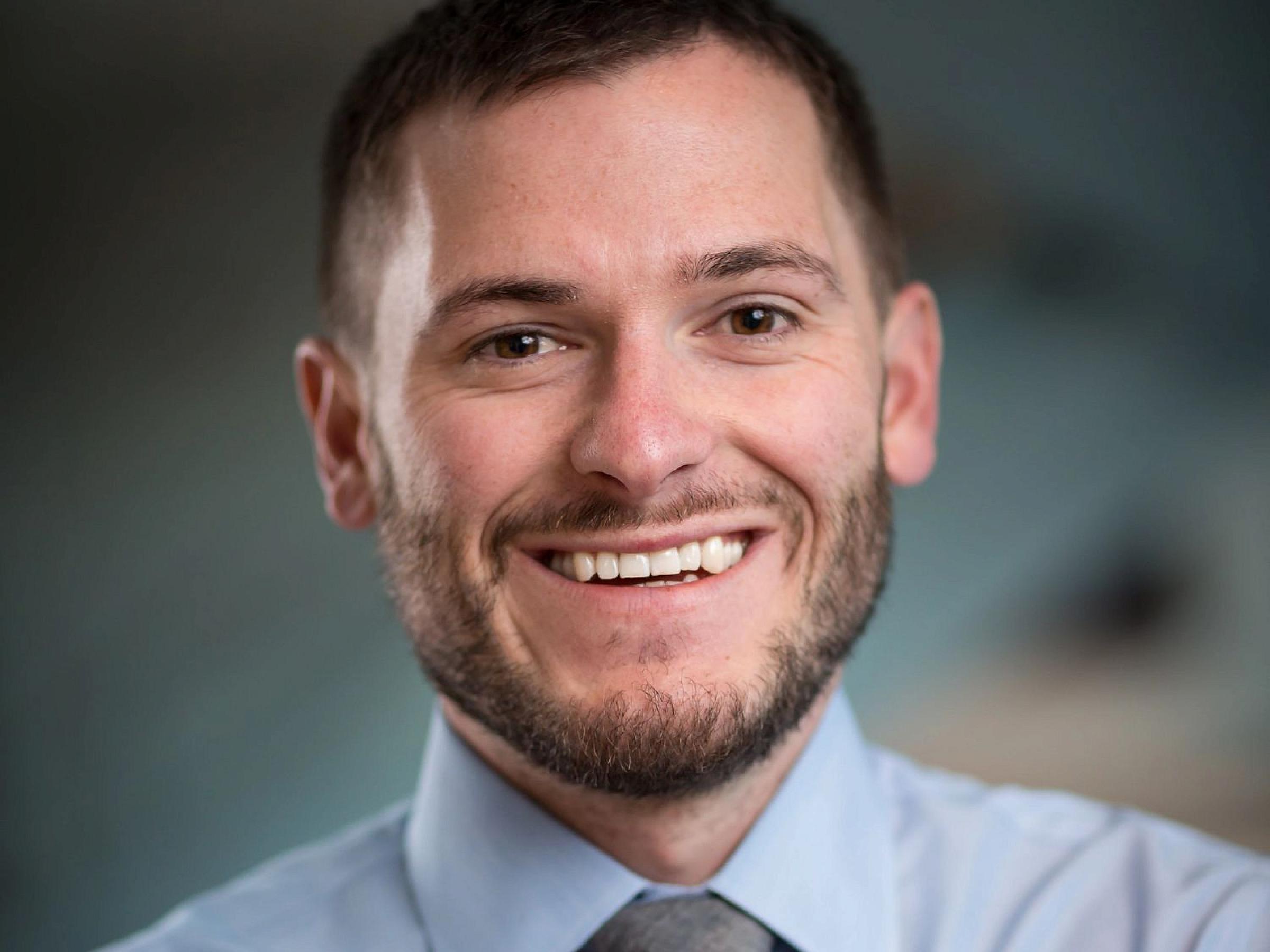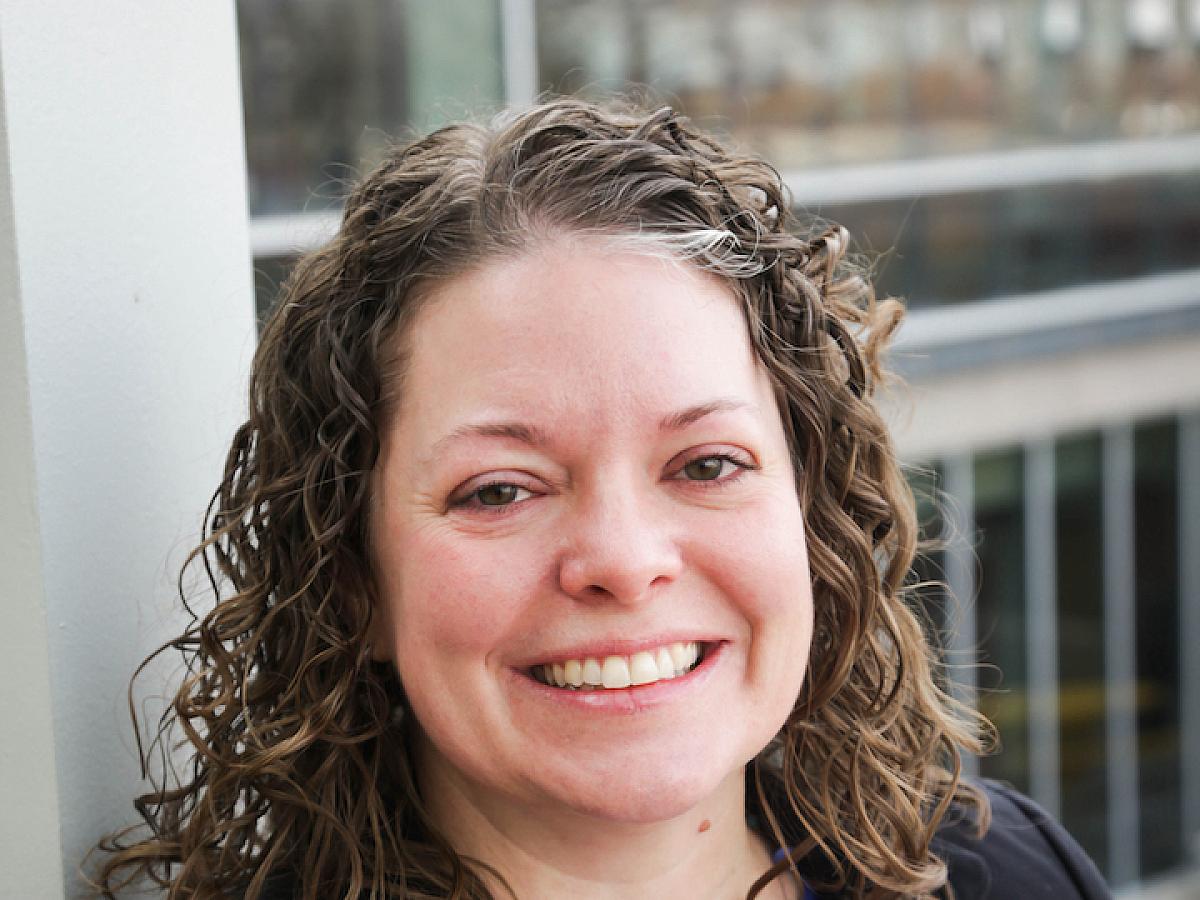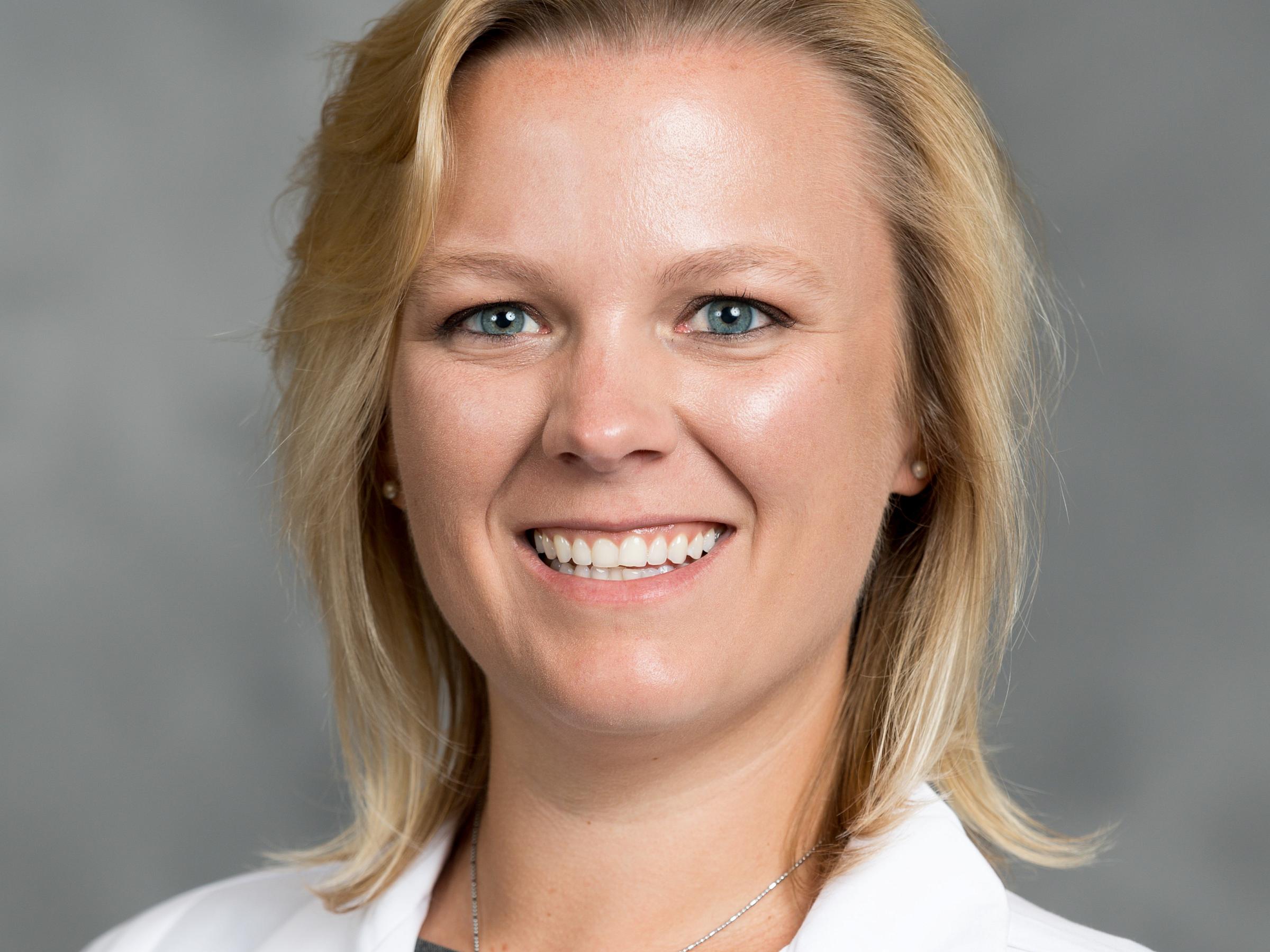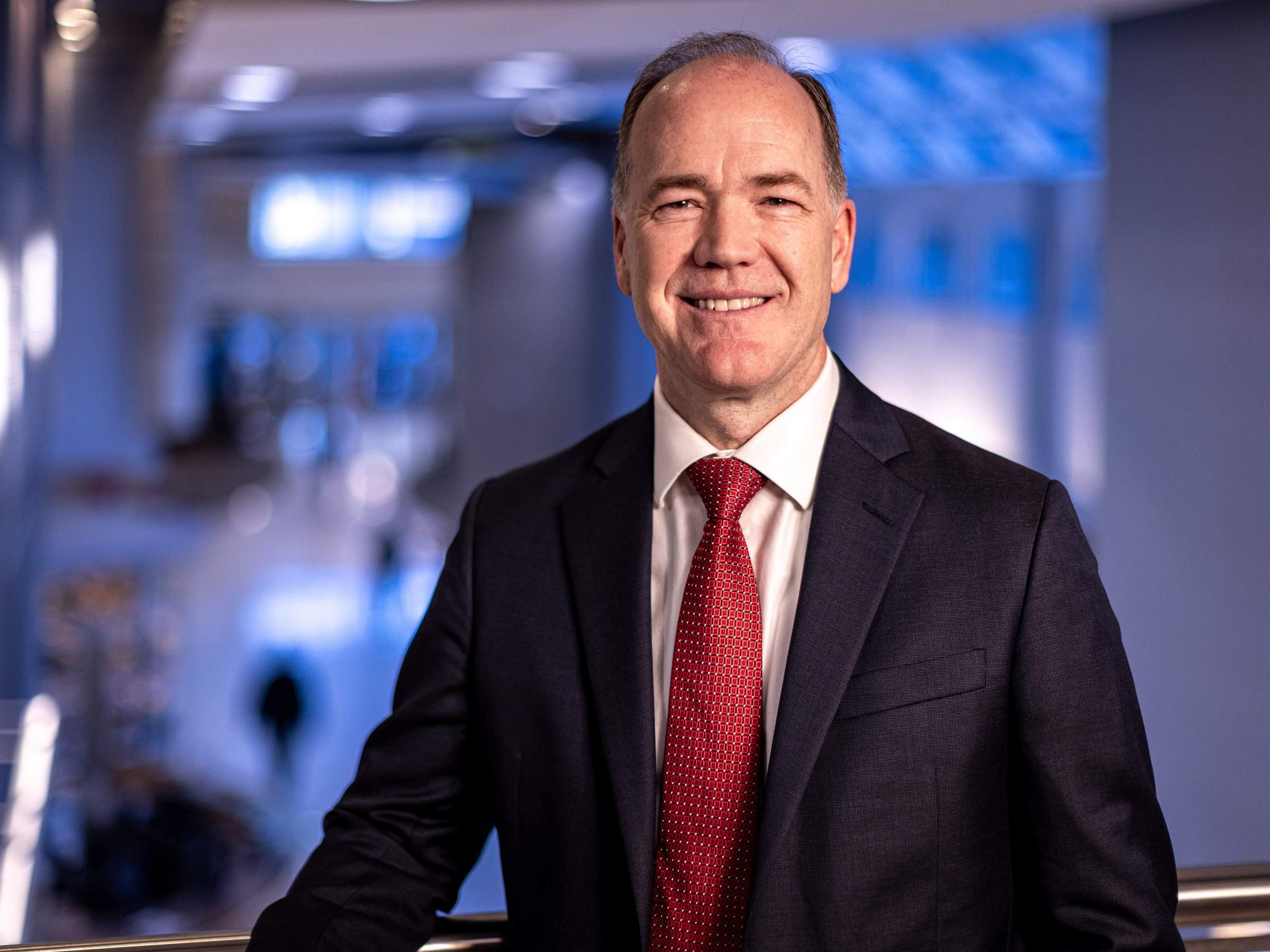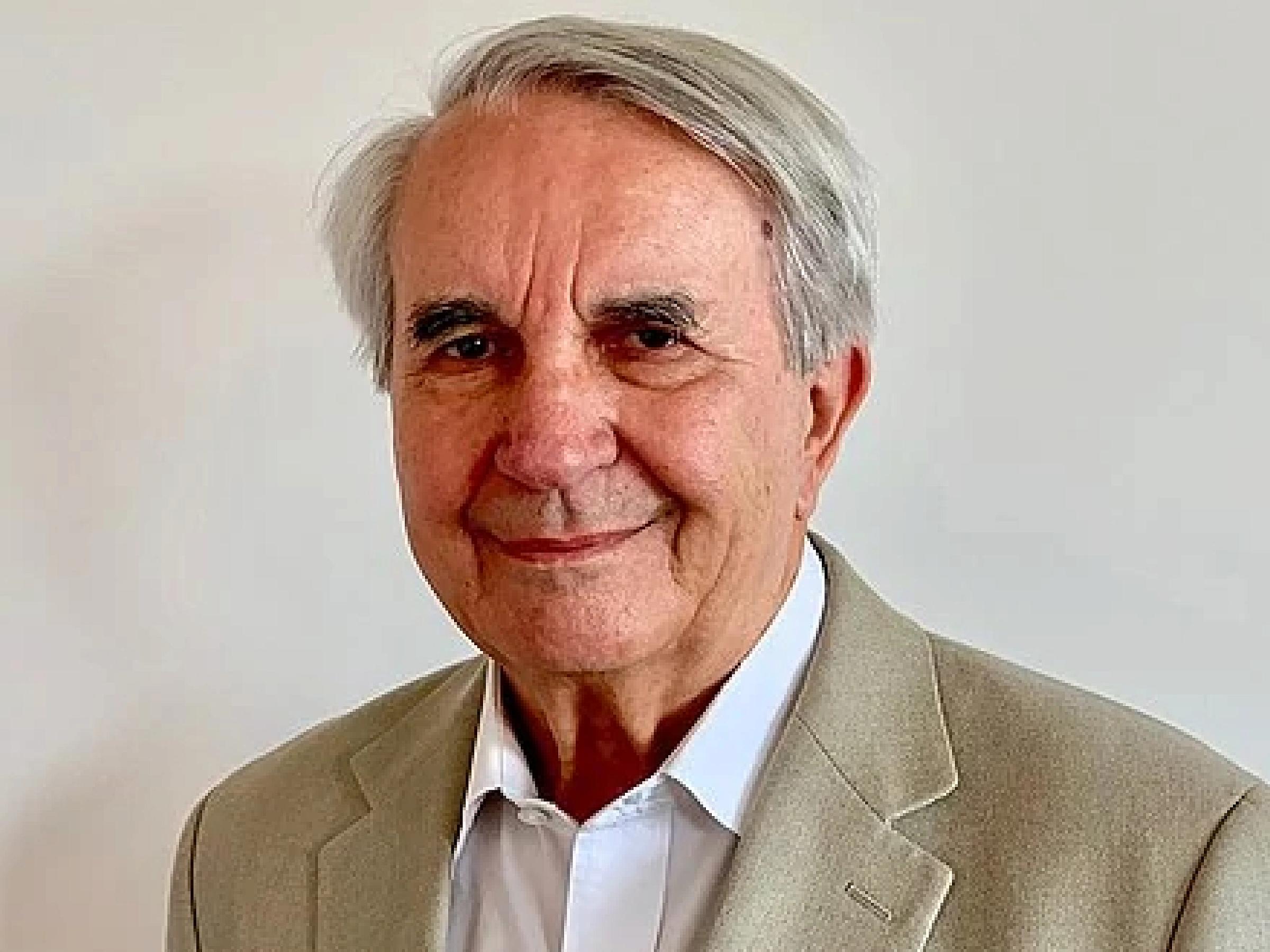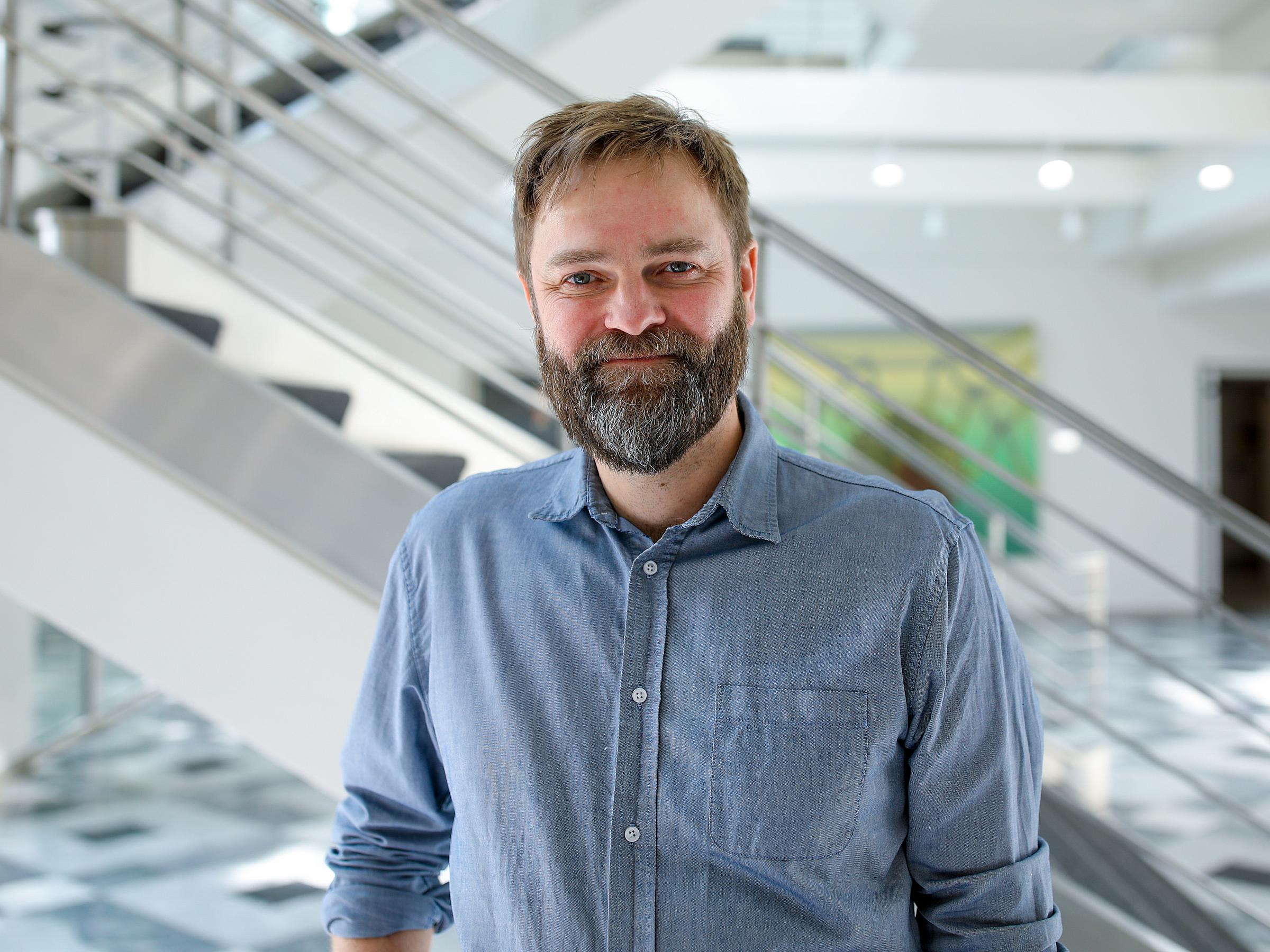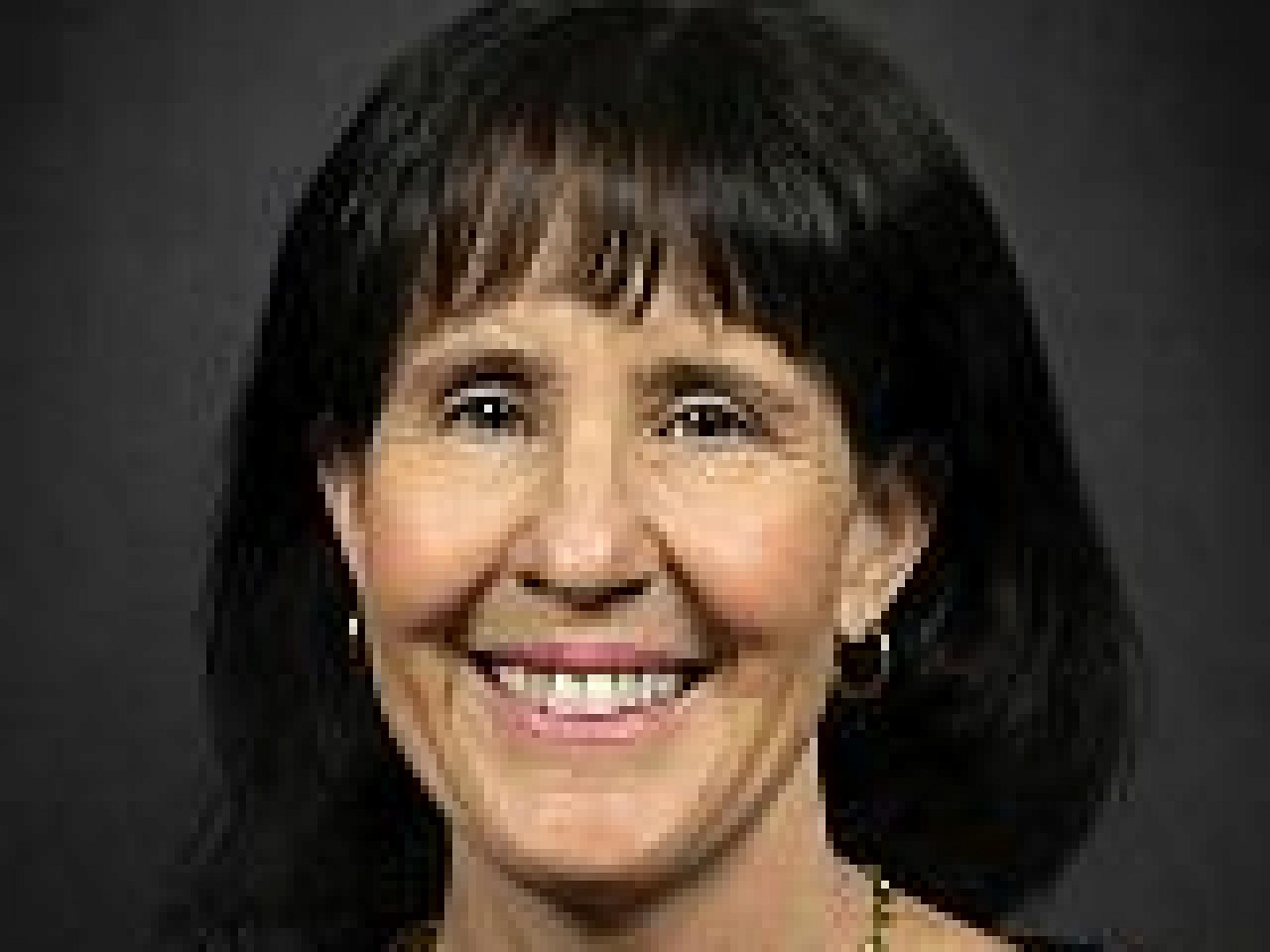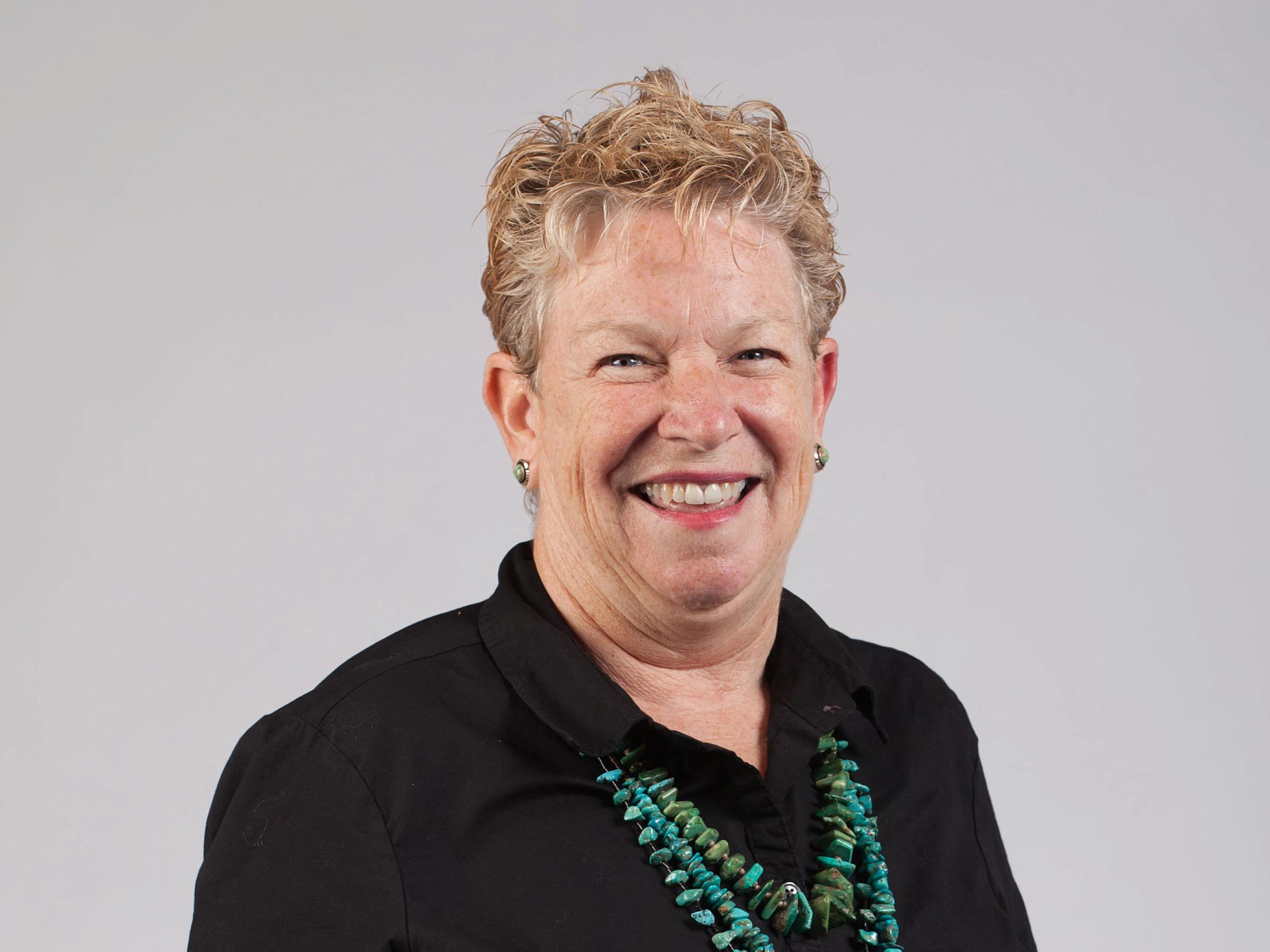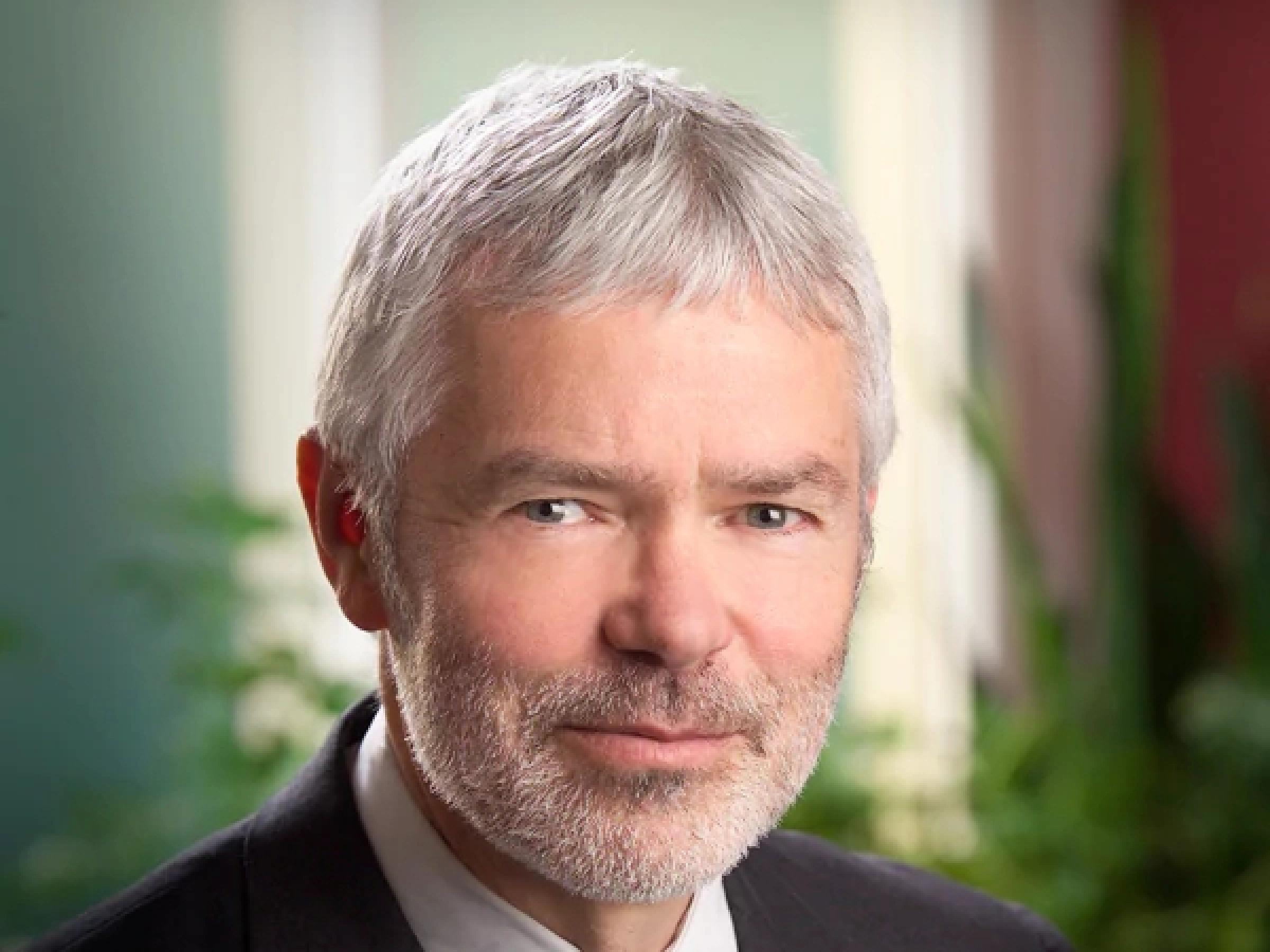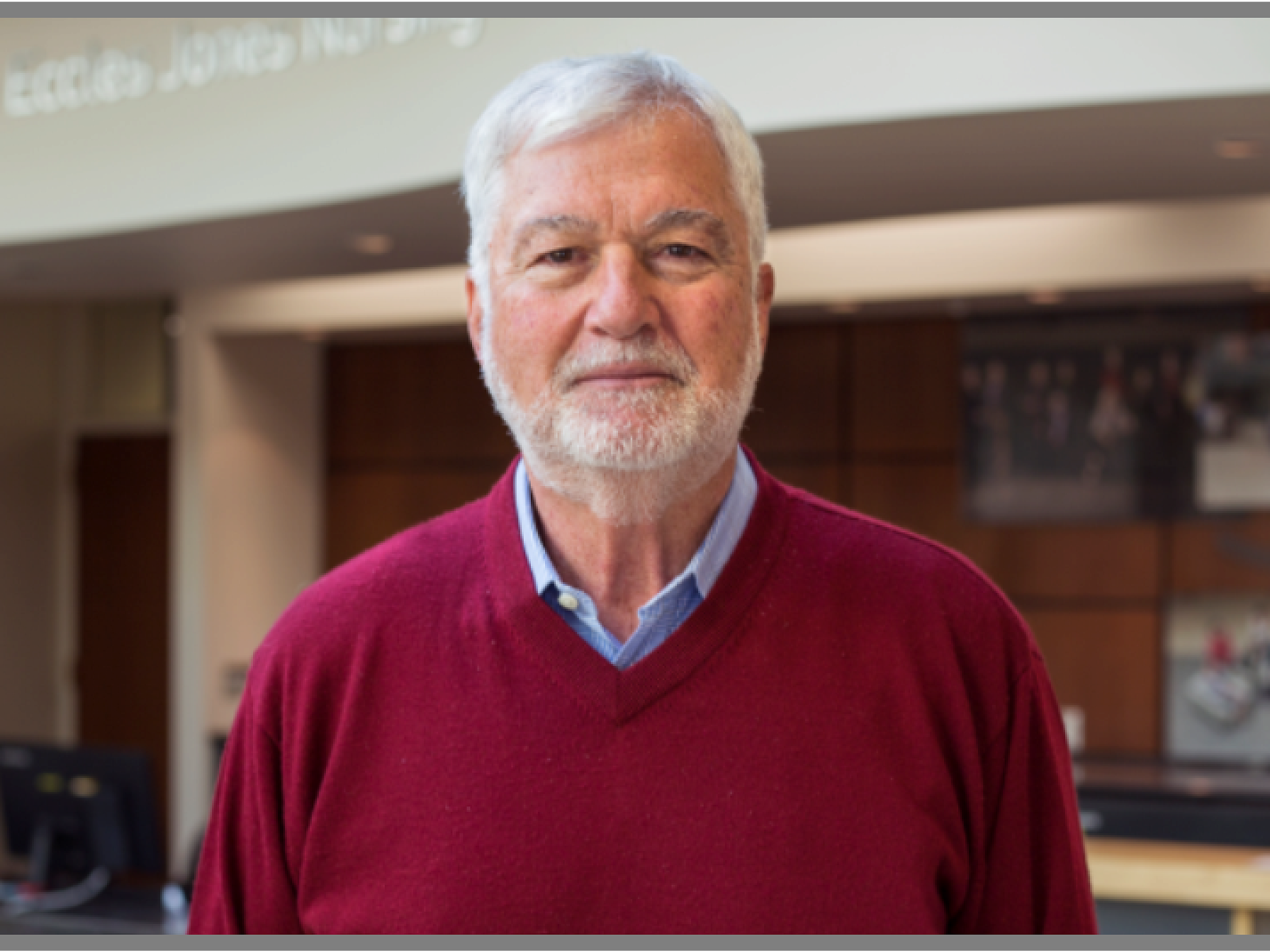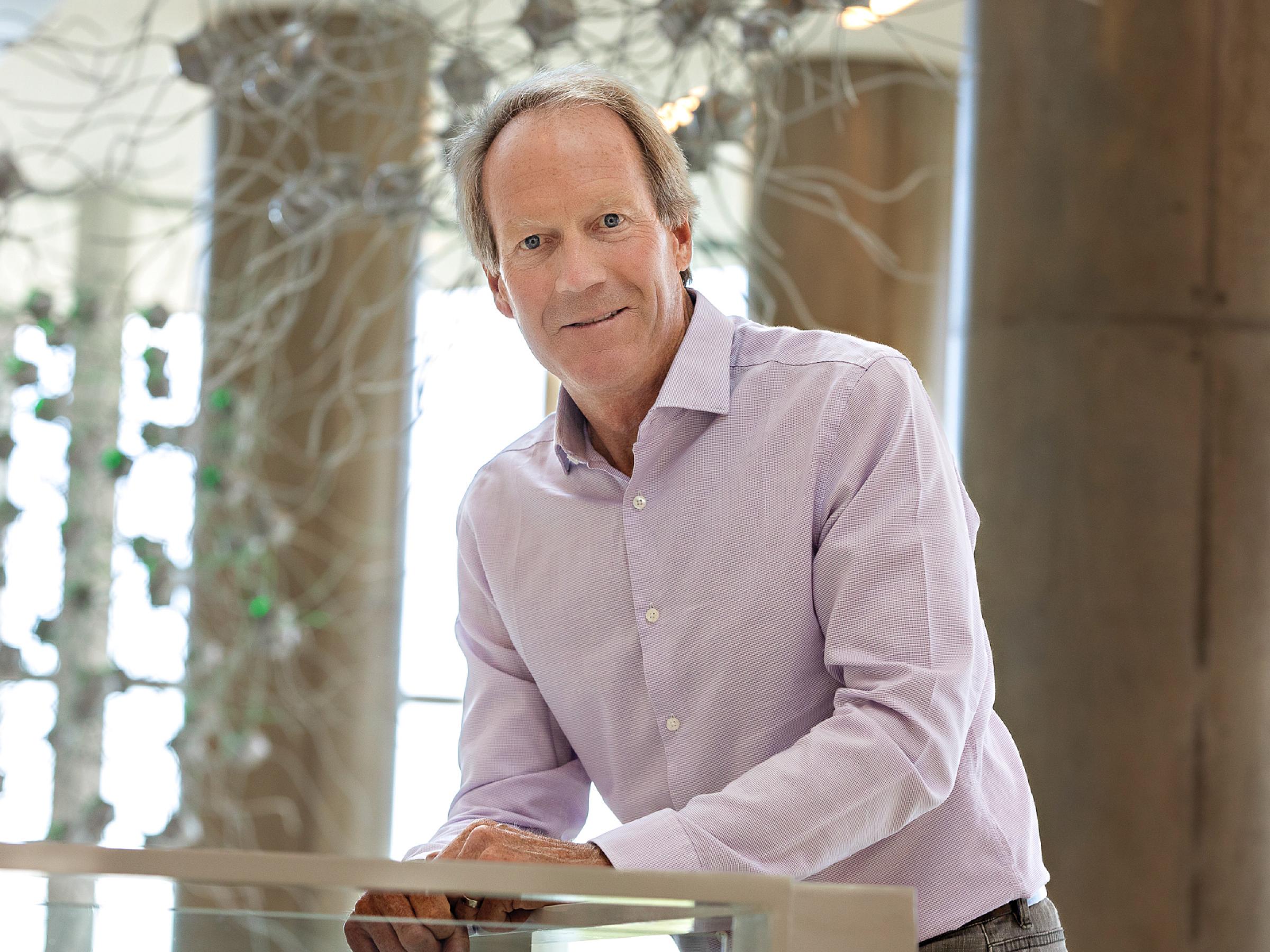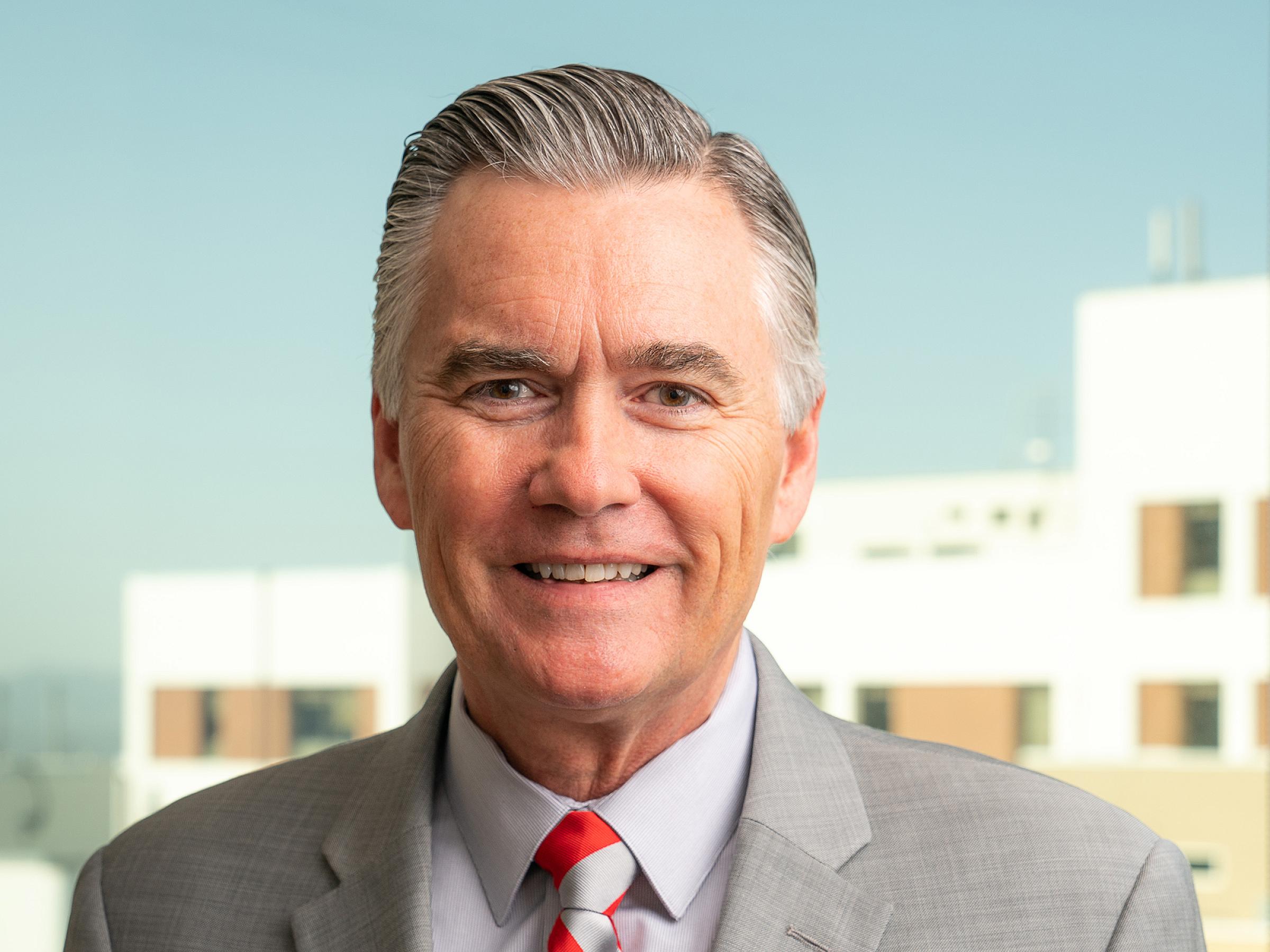
Honors and Awards
Our team comprises of extraordinary scientists, including a Nobel laureates, who have advanced fundamental knowledge and brought about a revolutionary change in the methods of prevention, detection, and treatment of numerous types of cancers and other diseases. The pioneering scientific and medical research they conduct has been consistently recognized by various national and international organizations, highlighting the significance of their contributions, further establishing their credibility as award-winning scientists.
Nobel Prize
MARIO CAPECCHI, PHD, 2007 NOBEL PRIZE WINNER IN GENETICS PHYSIOLOGY OR MEDICINE
Mario R. Capecchi, a distinguished professor of human genetics and biology at the University of Utah’s Eccles Institute of Human Genetics, was awarded the 2007 Nobel Prize in Physiology or Medicine. The prize recognizes Capecchi’s pioneering development of “knockout mice” technology, a gene-targeting technique that has revolutionized the study of mammalian biology and allowed the creation of animal models for hundreds of human diseases, including the modeling of cancers in the mouse.

National Academies of Sciences, Engineering, and Medicine
The National Academies of Sciences, Engineering, and Medicine (NASEM), also known as the National Academies, collectively represent the scientific national academy of the United States. Their mission is to provide unbiased and expert guidance that informs policy decisions, drives innovation, and addresses complex societal challenges for the greater good. Their extensive work spans diverse fields, including science, engineering, and health.
Within this framework, the academies recognize exceptional individual achievements through a variety of prestigious awards. These accolades celebrate outstanding contributions in areas such as science, medicine, and engineering. By offering impartial and factual recommendations, the National Academies contribute to evidence-based policies, ignite creativity, and foster the betterment of society.
Fellows of the Royal Society
Bradley R. Cairns, PhD
Bradley R. Cairns, PhD, whose research has made fundamental contributions to understanding the processes of gene packaging, unpackaging, and expression, was honored with election to the Fellows of The Royal Society—one of the most prestigious recognitions for scientists in the British Commonwealth, comparable to membership in the National Academy of Sciences in the United States. This honor is awarded through nominations from Commonwealth peers and is based on a scientist's lifetime achievements.
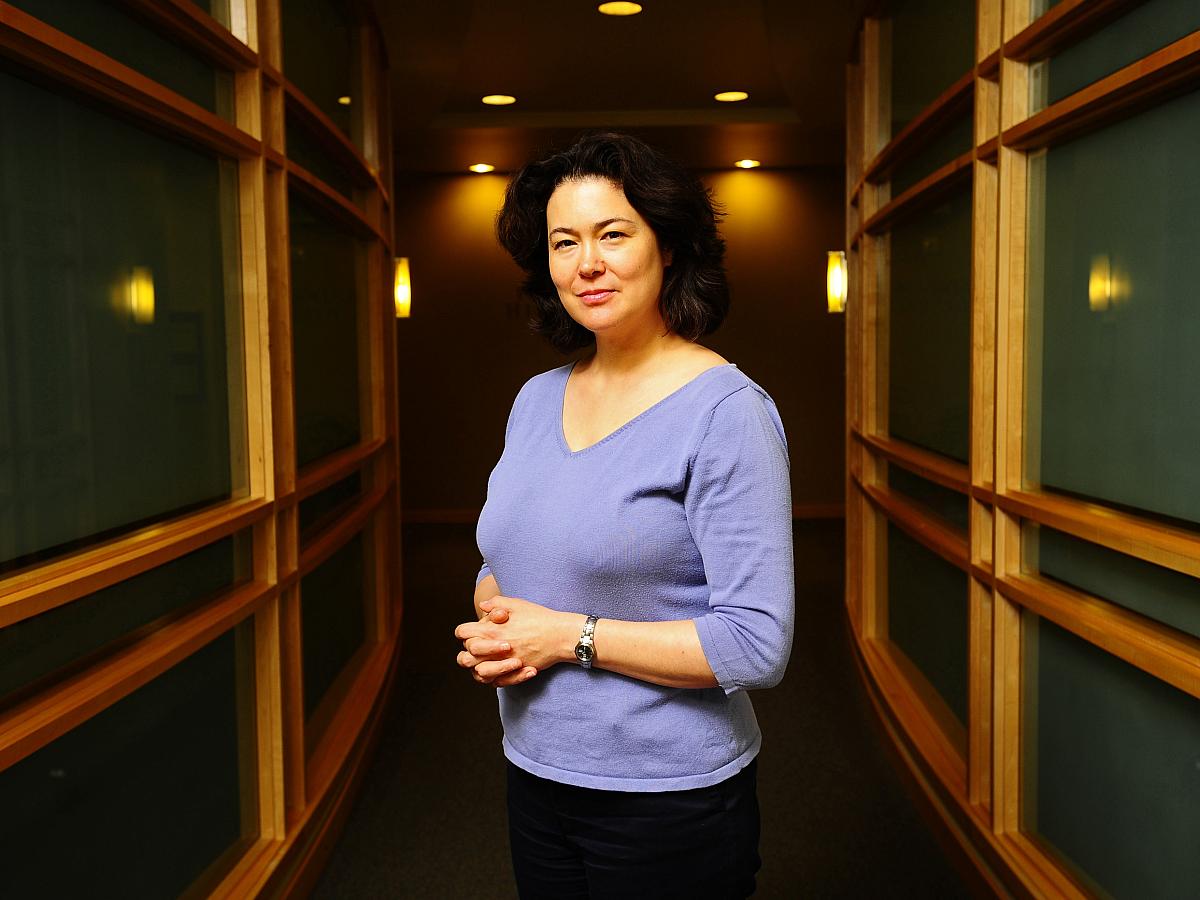
Susan Mango, PhD
Synthesizing approaches from genetics, genomics, ecology, and embryology to address one of the most challenging questions in developmental biology — how organs are formed.
Nels Elde, PhD
Investigating the molecular mechanisms and evolutionary processes driving host-pathogen interactions.
